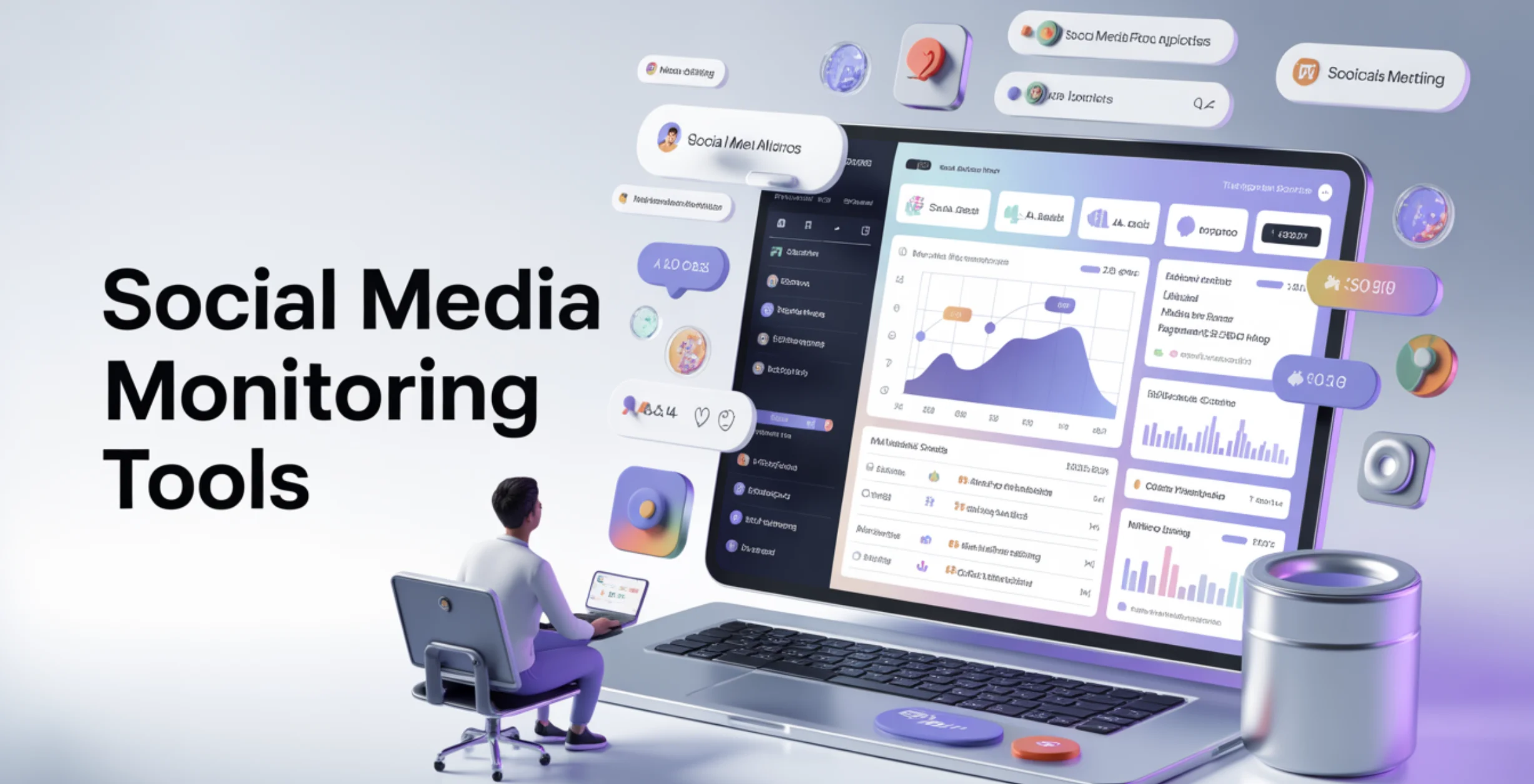Reliance Industries Limited (RIL) is one of the largest and dynamic groups of India which actively participates in the fields of energy, petroleum, retail, telecommunications and digital businesses. Reliance, founded by Dhirubhai Ambani in 1966, has grown to significant participant in shaping the industrial and financial structure of India. SWOT Analysis of Reliance Industries examines the aspects of the company that are strong, weak, opportunities, and threats, and that provides a clear indication of where the company is successful and where it needs to look out for the obstacles.
Strengths of Reliance Industries

1. Diversified Business Portfolio
The diversified operation of Reliance Industries means the company is not overly dependent on any of the areas of business. Its operations include oil refining, petrochemicals, telecommunications, retail among others which has provided the company with diversification of revenues and thus reduced general business hazard.
- Energy and Petrochemicals:
Reliance’s largest asset is the world’s largest oil refinery located in Jamnagar, contributing significantly to its revenues. Reliance’s scale of refining makes it unique within the market globally since it allows it to compete for the largest refining capacity.
- Telecom Leader:
Repositioning in the market is apparent, and now it can be mentioned that Reliance Jio is a pioneer within the Indian telecom market, which has introduced affordable data plans to the population.
- Retail Strength:
Since Reliance Retail enjoys a monopoly like position in India, the company can easily leverage upon the available consumption patterns of India’s burgeoning middle class.
2. Strong Financial Performance
Reliance always presents adequate operating profitability, and this affords the company the ability to fund capital-intensive projects and self-funded growth programmes. The relative diversification of its revenue and cash flow stability represent a favourable outlook for forthcoming evolution.
- Profit Growth:
Both these combine to give Reliance, which is involved in capital-intensive businesses, rock steady productivity and a balanced balance sheet.
- Cash Reserves:
It has solid cash flow and huge cash stock which enable the company to expand its development areas for instance in renewable energy as well as e-commerce.
3. Innovation and Strategic Vision
One cannot but witness that Reliance is an organization that has always used innovative and rather daring strategies. Jio in the telecom industry was one of the biggest disruptive factors in India’s business and the company is only getting better in other fields.
- Jio's Disruption:
Jio offered highly affordable data tariff plans, which drastically shifted the Indian telecommunications market, consequently increasing the rate of digital accessibility in the country.
- Future-Focused:
ONGC is still in search of new business after oil and gas exploring looking forward for long term investment opportunities into renewable energy, digital service provider and E-commerce ventures
Weaknesses of Reliance Industries

1. Capital-Intensive Business Model
Reliance’s core businesses—oil refining, petrochemicals, and telecom—are highly capital-intensive industries, requiring significant ongoing investments in infrastructure and technology. While these businesses are lucrative, they also come with substantial financial burdens.
- Telecom Investments:
The launch of Jio demanded huge investments in network infrastructure and spectrum acquisitions, adding to the company’s capital expenditure.
- Energy Sector Costs:
The fact that Reliance has to constantly invest in its petrochemical refining business to compensate for losses from other merchandise businesses and also to ensure compliance with existing regulation and better compete explains why the company over the years continued to invest in its petrochemical refining sector.
2. Environmental and Regulatory Challenges
Politics and regulation risks are also reported to be valid threats for Reliance as the firm deals with oil and gas. While conducting its business, the company has to adhere to strict environmental laws and any violation results in penalties or loss of reputation.
- Environmental Footprint:
This business activity contributes to the heady sector in carbon production that puts Reliance on the spotlight of environmental groups and other regulators.
- Regulatory Compliance:
Adhering to stricter environmental regulations could raise the organisational operational costs principally because world governments are running towards green energy sources.
3. Dependence on Oil Prices
The energy segment generates a major part of Reliance’s revenue and hence it remains highly sensitive to any changes in the oil price. This is particularly the case with the refining business of the company that can be significantly affected by any steep drop in oil prices.
- Price Sensitivity:
Reliance’s profits are dependent on the risks associated with the international oil prices and this is normally subject to changes resulting from political instabilities and other economic factors in different parts of the world.
- Refining Margins:
The occurrence of a relationship between these macro variables may be explained by the fact that; ‘Lower oil prices can reduce refining margins and hence influence the energy operation of Reliance.
4. Overexpansion and Complexity
Reliance’s rapid development into diverse sectors increases the complexity of overseeing its businesses. With major investments in telecom, retail, and green energy, the company faces challenges in keeping up focus on its core operations.
- Operational Challenges:
Overseeing different large-scale businesses across diverse industries can lead to inefficiencies and strain management assets.
- Execution Risks:
Expanding too rapidly into areas like e-commerce and renewable energy may result in execution challenges, particularly in new businesses.
Opportunities for Reliance Industries
1. Green Energy and Sustainability
This means that as the global trend shifts to the use of renewable energy due to increasing concern and emphasis on conservation of the environment Reliance has a good chance and opportunity in expanding in this arena. The company has disclosed intentions to enter into the solar production, hydrogen production as well as battery capacity system to mark it self as a player in green energy shift.
- Government Support:
India’s commitment to reducing carbon emissions offers a critical opportunity for Reliance to grow its green energy portfolio.
- Sustainability Trends:
As consumers and organizations ended up more environmentally conscious, Reliance’s venture in green energy will offer assistance it align with global sustainability trends.
2. Digital Services and E-Commerce
Dependence has already laid the establishment for expanding its digital services portfolio through Jio. The growing digital economy presents various openings in sectors like cloud computing, content streaming, and fintech. Furthermore, JioMart, Reliance’s e-commerce stage, is well-positioned to capture a noteworthy share of the Indian market.
- Digital Growth:
Jio’s vast network gives a stage for conveying a extend of advanced services, from excitement to cloud arrangements.
- E-Commerce Expansion:
India’s e-commerce sector is developing quickly, and JioMart’s integration with Reliance Retail gives the company a competitive edge over its rivals.
3. Retail Sector Expansion
India’s retail sector is anticipated to develop significantly in the coming years, driven by expanding consumer request and rising expendable livelihoods. Reliance Retail, as of now a showcase pioneer, can continue to expand its footprint and benefit from changing consumer behaviour.
- Omnichannel Strategy:
Reliance Retail’s integration of its online and offline platforms empowers the company to offer a consistent shopping encounter, situating it for further development in India’s retail market.
- Rising Consumer Demand:
The growing middle class in India and their increased consumption patterns present significant opportunities for Reliance’s retail division.
4. International Growth
Reliance has aimed to increase sales not only in energy, petrochemicals segments but also in a digital segment. Global expansion through strategic alliances and joint ventures in the emerging markets such as the South East Asia, Africa and Latin America can enable the company reach new growth markets.
- Partnership Opportunities:
Partnering with major international companies in technology and energy to assist Reliance to expand its International Business.
- Global Expansion:
Expanding into other uncharted territories could also help the company diversify and hence reduce its risks arising from the Indian market.
Also Read: Business Ideas In hyderabad
Threats to Reliance Industries
1. Intense Competition
Some of the competitive threats facing Reliance in several of its mostly operated industries; Telecommunication and retail. In the telecom segment, it is directly competing with Airtel and the merged entity of Vodafone and Idea Cellular and in the retail giant like Amazon and Flipkart which is owned by Walmart.
- Telecom Price Wars:
The highly competitive telecom market in India could pressure Jio’s margins, especially if pricing wars intensify.
- Retail Competition:
E-commerce giants Amazon and Flipkart pose significant challenges to JioMart’s growth in the online retail space.
2. Regulatory Risks
Reliance operates in industries that are regulated by the government and any new policies and regulations if altered can affect the function of Reliance. For example, higher standards in considering the environment or some alteration in the telecommunications legislation may lead to such negative consequences as cost increase or restrictive measures.
- Policy Shifts:
The opportunity: changes in telecom related regulations, any change in environmental standards, change in trade regulations.
- Environmental Regulations:
Globally, there have been rising pressure to address climate change hence, Reliance may be forced to spend a lot in cleaner technologies.
3. Economic Volatility
To some extent, Reliance faces macroeconomic risks now in India and in other countries over the world. They may be adversely affected during economic down turn as their products and service may not be as popular as before. For example, the COVID-19 pandemic..
- Market Fluctuations:
The management is able to make profits from the energy, retail, and digital sectors of the Reliance group; however, factors such as economic downturns may slow the use of energy or reduce the purchasing of consumer goods, or limit the accessibility of the internet.
- Oil Price Volatility:
Uncertain global oil prices continue to pose a significant risk in the organisation’s refining and petrochemical business segment.
Conclusion
Reliance Industries is a diversified conglomerate with strong leadership in multiple sectors, including energy, telecom, and retail. While the company faces challenges such as high capital expenditures, environmental scrutiny, and intense competition, it has numerous growth opportunities in green energy, digital services, and retail. By leveraging its strengths and addressing its weaknesses, Reliance can continue to expand its market presence and mitigate potential risks.






